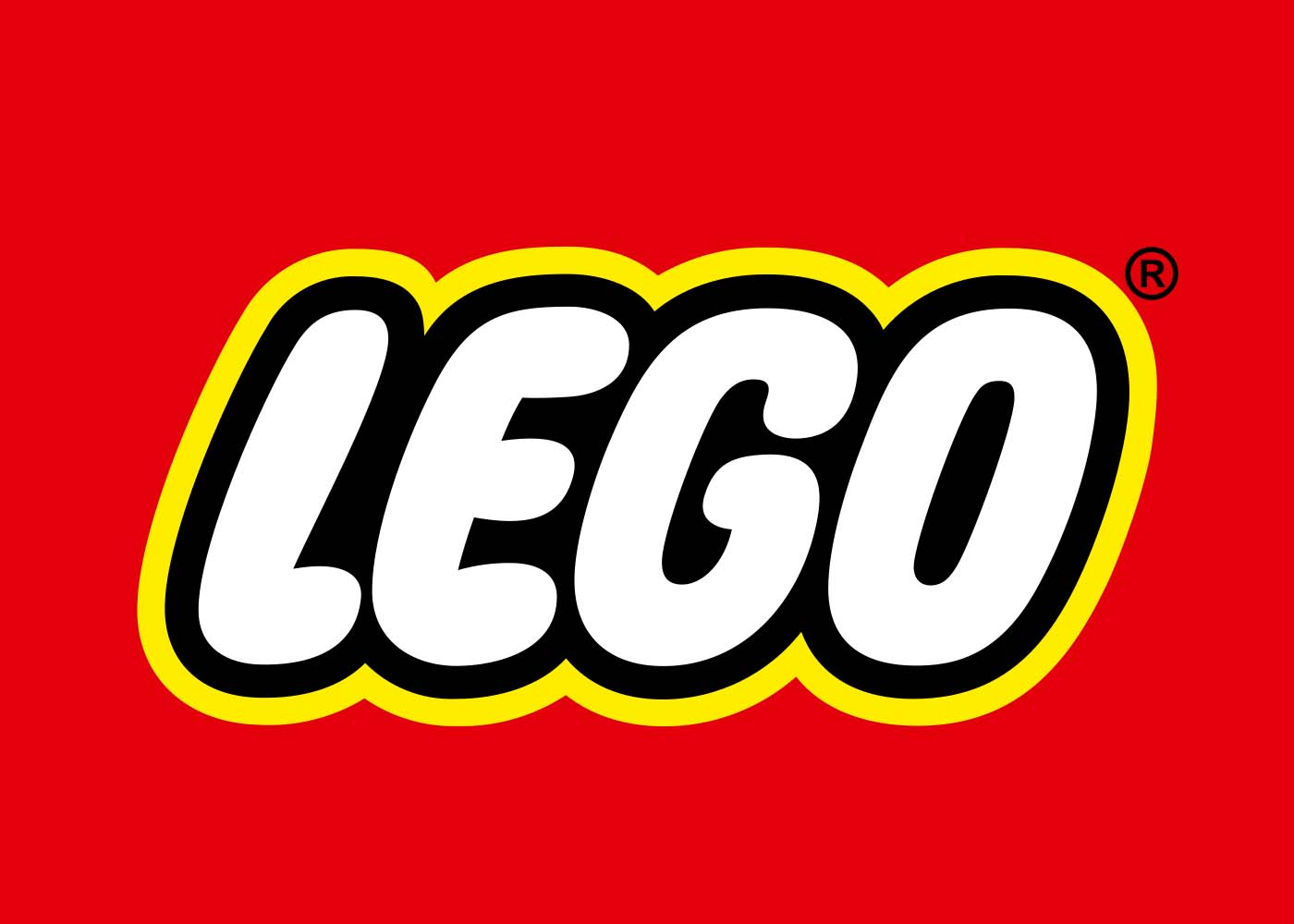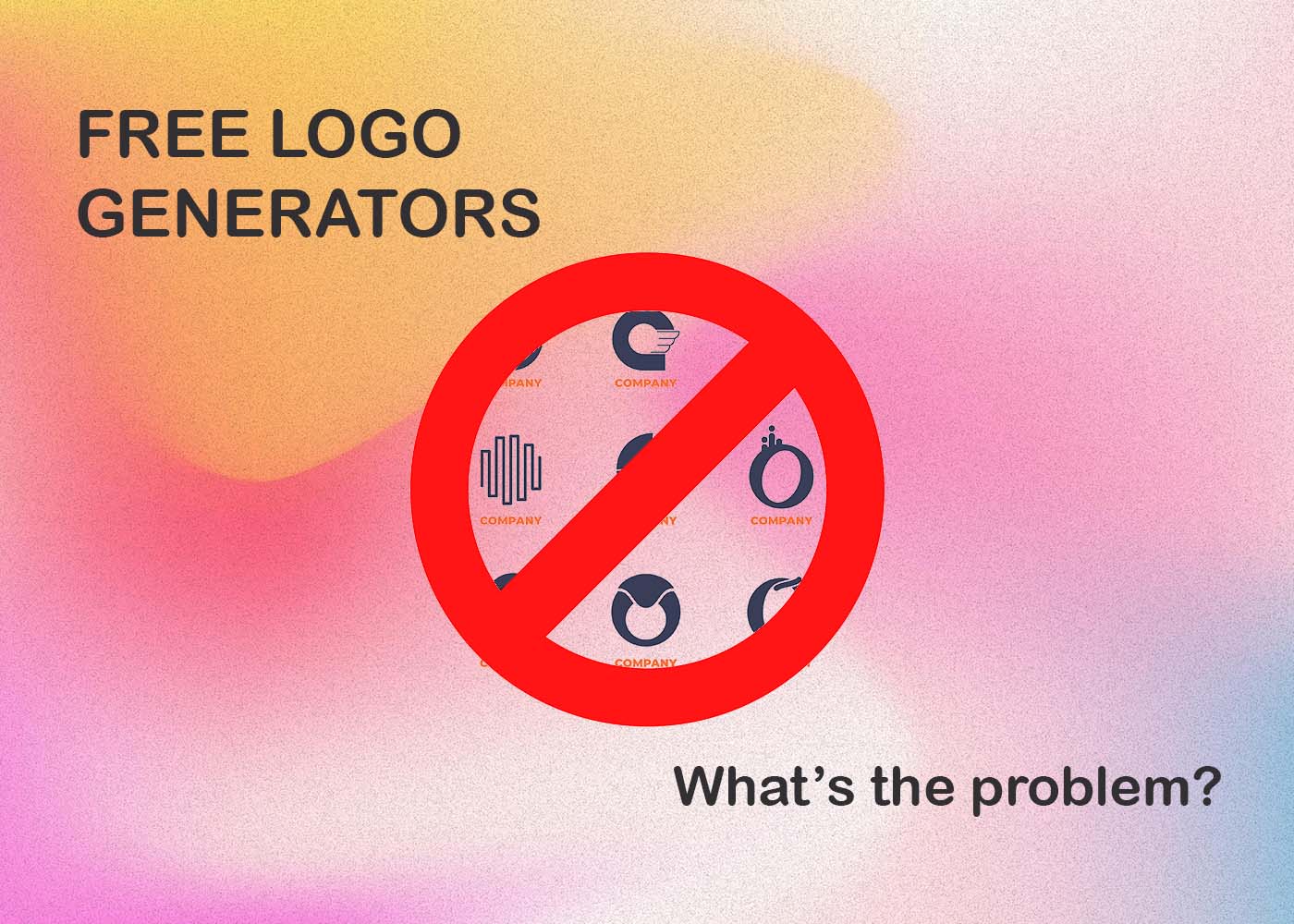Latest Blog
The Impact of Lego’s Brand Identity on User Engagement and Loyalty

Lego has been one of the world’s most beloved toy brands for decades, thanks in large part to its timeless mission to create playful experiences that promote self-expression and exploration. As such, it comes as no surprise that Lego is also known for having a strong brand identity – an identity that not only drives customer loyalty but can also be seen influencing user engagement on multiple levels. In this blog post, we’ll take a deep dive into how Lego’s creative products and recognizable logo design have established their presence in our lives and look at why their commitment to providing quality interaction with users continues to make them stand out from other toy providers today.
Lego’s Branding – A Brief Overview
At the heart of Lego’s brand identity is their commitment to creating products that empower children and adults alike to explore their imaginations with endless possibilities. Not only do they offer a wide range of sets and pieces, but also an expansive array of interactive experiences such as games, apps, and virtual building tools – all of which are designed to help foster user engagement. Through these digital activities, users have the opportunity to engage in creative play while connecting with others who share similar interests. This encourages people not only to build upon their own skills but also to form meaningful relationships with like-minded individuals in the process. Moreover, Lego has firmly established its presence by adopting a recognizable logo that is easily identifiable across all platforms. This iconic image not only serves to promote the brand but also reinforces their commitment to creating quality experiences that bring users together. By displaying their logo, they continue to remind customers and potential customers of the value they provide – whether it be in the form of a physical product or engaging activity.Introducing Impact of Lego’s Brand Identity on User Engagement
Lego, a multinational toy company, is known for its colorful plastic blocks that have captured the imagination of children and adults across generations. The company’s brand identity has been carefully crafted over the years, with a focus on creativity, individuality, and fun. Lego’s brand values are reflected in their products, which encourage users to build anything they can imagine. This ideology has led to an engaged community of fans who share their creations online, participate in Lego-themed events, and eagerly anticipate the release of new sets. Lego’s brand identity has had a significant impact on user engagement, as it fosters a sense of belonging and shared experiences among its fans. Whether you’re a seasoned Lego builder or new to the hobby, the brand’s identity invites you to join in on the fun and unleash your creativity.Examining Lego’s Longstanding Brand Equity and How it Relates to User Loyalty
When it comes to building block toys, few names are as synonymous with the industry as Lego. For decades, children and adults alike have been enthralled with the endless possibilities that these colorful bricks provide. From simple structures to complex creations, the Lego brand has become a staple in households around the world. But what sets Lego apart is their commitment to quality and user experience, which has fostered a deep sense of loyalty among its users. By consistently providing innovative, fun, and challenging products, Lego has taken something as simple as building blocks and turned it into a cultural phenomenon. It’s no wonder that legions of fans continue to stay dedicated to the brand to this day.Examining how user engagement and loyalty are connected to Lego’s brand identity
Lego, the globally acclaimed brand of interlocking plastic bricks, knows how to make storytelling work for them. They don’t just create simple toy blocks, they create worlds, characters, and stories to go with them. By weaving narratives into their products, they have managed to engage their target audience – children – on a deeper level. They take their young fans on imaginative journeys beyond the confines of their playroom and have them explore their wildest dreams. From fairy tales to sci-fi, from superheroes to tourist adventures, Lego has a story for every child and every interest. With its boundless creativity, Lego proves that storytelling is not just for books or movies; it can be an integral part of a toy that provides endless hours of fun and learning.Exploring Lego’s use of color, imagery, and typography in promoting its brand
Lego has undeniably become a household name, a brand that has captured the hearts of children and adults everywhere. One of the ways Lego has managed to maintain its iconic image is through its use of color, imagery, and typography. The vibrant hues of red, blue, yellow, and green are unmistakably Lego and evoke a sense of playfulness and creativity. In addition, Lego’s imagery, such as the classic brick design, instantly transports us back to our childhoods and stimulates an innate desire to build and create. Finally, Lego’s use of typography, with its bold sans-serif font, exudes confidence and a sense of fun. Together, these elements have proven to be a winning combination in building Lego’s brand and fostering a strong connection with its loyal customers.Discovering the psychological impact of Lego’s brand on users
Lego is not just a toy, it is a brand that holds a special place in the hearts of many individuals. For some, playing with Lego bricks was a fond childhood memory and for others, it is a creative outlet that they still indulge in today. But have you ever thought about the psychological impact that the Lego brand has on its users? Research has shown that using Lego can increase creativity, and problem-solving skills, and even reduce stress levels. Moreover, the bright colors and imaginative designs of Lego sets can spark positive emotions and memories. As such, Lego is not only a fun toy, it is also a powerful tool that can have a lasting impact on its users.Investigating how Lego encourages customer loyalty through their branding strategies
Lego, the beloved toy brand, has become a household name over the years. But what makes it stand out among its competitors? The answer lies in the company’s clever branding strategies that encourage customer loyalty. From its playful and imaginative advertising campaigns to its recognizable block design, Lego has managed to capture the hearts of young and old alike. By tapping into the emotions of its customers and providing a consistently high-quality product, the brand has fostered a community of loyal fans who eagerly await each new release. It’s no wonder that Lego has become a shining example of successful branding in the toy industry.Conclusion
Despite being founded nearly seventy years ago, the Lego brand has proven to be timeless and resilient. Through thoughtful color selection, powerful imagery, typography, and engagement techniques, Lego has crafted a brand identity that is unparalleled in the toy industry. Each facet of the brand subtly reinforces user loyalty and encourages responsiveness from players. Understanding how each element contributes to the larger picture of the company’s branding can help marketers understand how to effectively curate their own product narratives. From elementary classrooms to corporate boardrooms, Lego’s ubiquitous “CLICK” will rally minds together for generations to come as an impactful part of popular culture in modern times. As internet technology continues to progress, so will our appreciation for this legendary toy manufacturer’s remarkable branding.Get the latest updates on new technology, services and many more by subscribing to this Newsletter.










